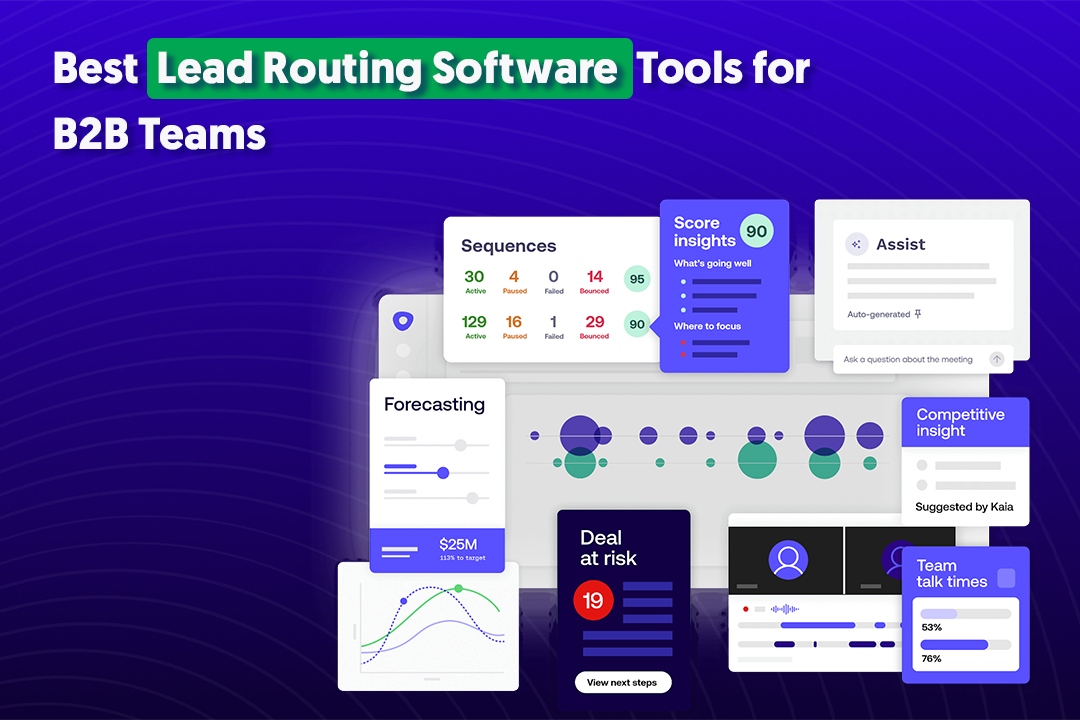
SEO (search engine optimization) is the most effective way to rank high in online search results. It involves using specific words or phrases, known as keywords, to attract the attention of search engine tools so that the page or site appears high on the search results list.
The higher a site appears on the search results list, the more likely people are to see it and click on it.
Do Blogs Help SEO?
By consistently producing engaging blog content for your business website, you’ll have a much easier time attracting customers to your brand online.
Writing a blog can be an effective way to drum up interest for a cause, attract attention to a retail endeavor, or generate sales leads for a B2B company. But only if SEO tactics are employed and used correctly.
How Does Having a Blog Help SEO?
There are several important ways that writing blogs can help your website's SEO. A carefully planned and maintained blog will:
- Keep the information relating to your website fresh and updated
- Extend the amount of time a visitor spends on your site
- Allow you to make use of long-tailed keywords
- Provide opportunities for internal linking
- Encourage other sites to link back to your site
- Give you a chance to connect to your customers
Keeping Your Website Current and Interesting
Once set up, many people don't pay much attention to their websites. Over time, the information there may become outdated or seem stale. A blog allows you to bring new information to your site quickly and easily.
Extending Viewing Time
Google uses the amount of time users spend on a site as a way of determining its value. The longer visitors stay on your site, the higher the ranking Google will give it.
Allows for Long-Tailed Keywords
Short keywords with only one or two words can be very competitive. Consider a keyword like "car repairs." A search using only those two words could return thousands of results, making it very easy for your site to get lost.
However, long-tailed keywords allow you to be more specific and include locations or other details. Change that keyword to "Toyota repairs Minneapolis MN," and you’ll get more focused search results.
With blogs, you can add relevant long-tailed keywords to your site without them seeming forced or out of place.
Opportunities for Internal Linking
Internal links direct your readers back to other pages on your site. Placing these in your blog makes it easy for readers to learn more about the goods or services you offer and how to contact you about them.
Encourage Others to Link to Your Site
If you create a high-quality blog that is well-written and filled with valuable information, others may choose to link their sites to your blog. Each of these instances provides you with an opportunity to impress a new reader.
Connect with Your Customers
In the digital era, it’s more challenging than ever to give your customers the feeling of a personal connection to your business. A blog that’s updated regularly and answers their questions will make them feel as if you are keeping that connection alive.
Which Blog Is Best for SEO?
While any well-written blog post that uses SEO best practices can help generate and maintain interest in your site, some post types are more attractive to readers. These include:
- How To Guides
- Listicles
- Case Studies
- Those that discuss predictions and trends
- Ultimate Guides
- Interviews
- Those that include infographics
How Often Should You Blog for SEO?
Keeping your blog current with regular posts is the only way to keep people coming back for more. That said, there is such a thing as too much of a good thing.
Daily updates are about the maximum number of posts the average blog platform can handle without slowing them down. Also, too many blog posts released in a short period of time can result in keyword cannibalization.
This is when blog posts on the same site compete against each other for rankings.
How to Optimize Blog Posts for SEO
Placing the correct keywords on your site is an excellent start to using SEO to attract people, but it may not be enough. Other tactics, like creating and maintaining a blog related to your brand will also help to keep your site in the public eye.
The more people who see your site, the better the chances of its success.
However, blogs will only help your site's SEO if they are optimized to make the most of it. The following are steps you should take to ensure that your blog is taking full advantage of the benefits of SEO.
Identify Your Audience and Write for Them
Understanding your target audience is critical to developing blog content that engages readers and compels them to take action.
Consider the buyer personas who your business hopes to attract, then develop content that speaks to their unique objectives or concerns.
If you use analytics tools to track online engagement, try to narrow your target audience by identifying key characteristics of your readers, such as age, marriage status, education level, or geographic location.
Find the Right Keywords
The keywords you choose to include in your blog can make a massive difference in the success of your blog. Search for the topic you want to write about and see what words and phrases others who are searching for similar information have used.
If you are stumped, many online keyword generators will provide you with a list of valid words and phrases.
It’s not just the actual words you choose but also how you use them that can make a difference. Place keywords in your title and subheadings as well as where they fit naturally into the body of the blog.
Don't forget to include the primary keyword(s) in your meta title and description.
Add Images
Images make your blog more visually stimulating and may help to hold your readers' interest. These can be pictures that relate to the topic or graphics that help to illustrate the subject.
Be sure to generate your own photos or use copyright-free images to avoid legal issues.
Create A Catchy Title
When looking through search results, potential readers will have little more than the title of your post to decide whether they want to click on it and learn more. The best titles are short and direct but not without personality and flair.
Also pay attention to the length of your title. You don’t want search engine results to crimp your title.
Moreover, title length can affect the length of your post’s url (depending on how you label), which can also have SEO implications.
Best Practices for Writing SEO-Optimized Blog Posts
Select Relevant and Engaging Topics
The right topic is current, informative, engaging, and relates directly to the site you are trying to generate interest in.
Include Popular Search Phrases and Keywords
The right keywords are those that people are most likely to use when searching for the topic of your post.
Organize the Content in an SEO-Friendly Format
This includes writing short paragraphs and creating concise subheadings for each section as well as proper placement of keywords.
Doing this will make the content easier for readers to digest, allowing them to quickly find the information they need in just moments.
Find Visually Appealing, Interesting Images
The images you choose should be relevant and either curiosity in readers or supply them with valuable information.
Enhance your Blog Content with Meta Titles and Meta Descriptions
Be sure your metadata is engaging and includes the primary keyword. It can also be beneficial to have action words, like "Read here" or "Learn how."
Utilize the Google Search Console for Additional Information
The Google Search Console is a free tool provided by Google. It provides you with valuable information about your pages' rankings and the number of searches that include your chosen keyword as well as alerts you to errors on your page along with the tools needed to fix them.
Deploy Both Internal and External Links Throughout the Content
Internal links take readers to other pages on your site. You can use these to offer more information on relevant topics within your posts.
External links take visitors to other sites. These are often used when referencing authoritative information not available on your website.
Make it Easy for Readers to Share your Blog
These links, usually at the top of a page, allow readers to quickly share your post with others through social media, texts, or email.
Look for Loading Speed Problems, Broken Links, or Page Errors
Anything that delays a potential reader from reaching your post — like slow loading speeds, broken hyperlinks, or page errors — will increase the chances of them leaving your site to find the information elsewhere.
Don’t Forget About Crawl Errors
Crawl errors occur when the search engine cannot view a page on your site. If the search engine cannot view it, nobody else can. Correct any page errors on your site as soon as you notice them.
Blogs Are Important for SEO
If you were asking the question, "Do blogs help SEO?" hopefully, you now understand that the answer to that question is yes. Blogs improve SEO in many ways.
They provide constantly updated content to keep readers coming back while piquing the interest of new ones. They make good use of keywords to help narrow the number of search results competing with your site.
Regularly producing high-quality, well-written blog content can help new or established businesses broaden their brand recognition, attract new customers, and generate higher rankings on search engines.
Given time, other businesses and brands may begin to link their blogs to your website as your content continues to attract attention.
If your goal is to improve search engine optimization for your business, creating appealing blog content augmented with the right keywords is essential.
Before long, customers and other businesses will recognize your business as a leading authority on various industry topics, helping your company stand out from the crowd in today’s competitive marketplace.
Consistent blog content that utilizes SEO best practices and delivers results can be a difficult, ongoing project. If you’re looking for an agency to create quality posts to attract more visitors and generate more leads, contact Cleverly today for a free consultation.
We’re eager to learn about your goals, tell you about our philosophy and approach to blog content, and show you samples of posts we’ve created for other similar businesses.





